
Multi-Source Journalism
This article synthesizes reporting from multiple credible news sources to provide comprehensive, balanced coverage.

Multi-Source Journalism
This article synthesizes reporting from multiple credible news sources to provide comprehensive, balanced coverage.
Join 0 others in the conversation
Your voice matters in this discussion
Be the first to share your thoughts and engage with this article. Your perspective matters!
Discover more articles

China's generative AI user base has surged to 515 million in just six months, more than doubling its previous numbers and positioning the country as a major force in global AI adoption. The rapid growth is driven by advanced infrastructure and state
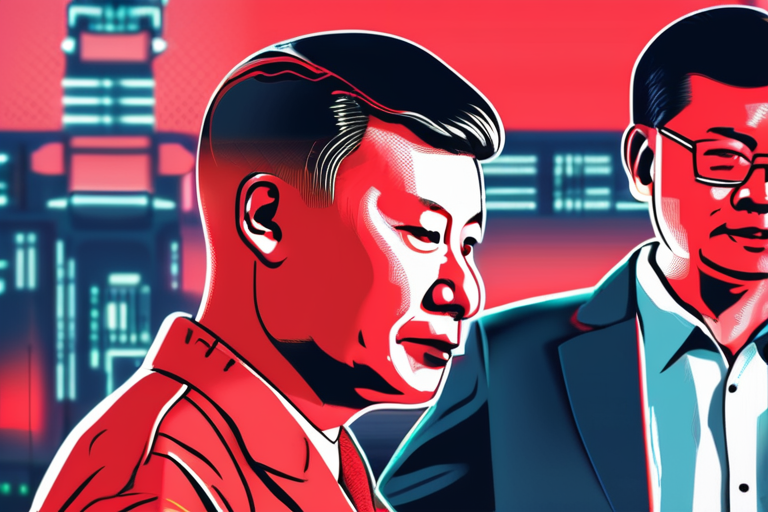
China's dominance in the open-source AI space raises significant geopolitical concerns for the US and its allies, as it accelerates the global AI arms race. According to Andreessen Horowitz's Anjney Midha, China's rapid progress in open-source models

China's rapid advancements in open-source AI have sparked concerns for the US and its allies, as the country's dominance in this space could give it a significant edge in the global AI arms race. According to Andreessen Horowitz partner Anjney Midha,
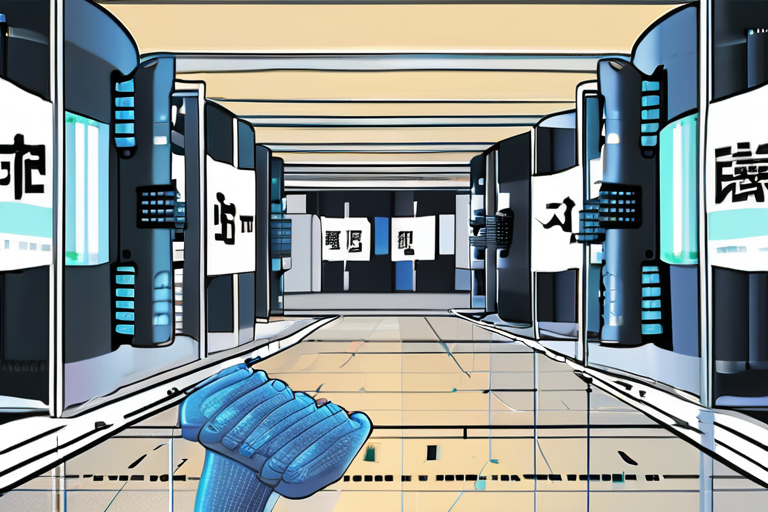
China's generative AI user base has surged to 515 million, more than doubling its previous numbers in just six months, driven by advanced infrastructure and state encouragement. This rapid growth is concentrated among young and middle-aged profession

Investors are sounding alarm bells as the multi-billion-dollar AI industry raises concerns about a potential bubble similar to the dot-com boom. A recent survey found that nearly half of fund managers believe AI stocks are already in bubble territory
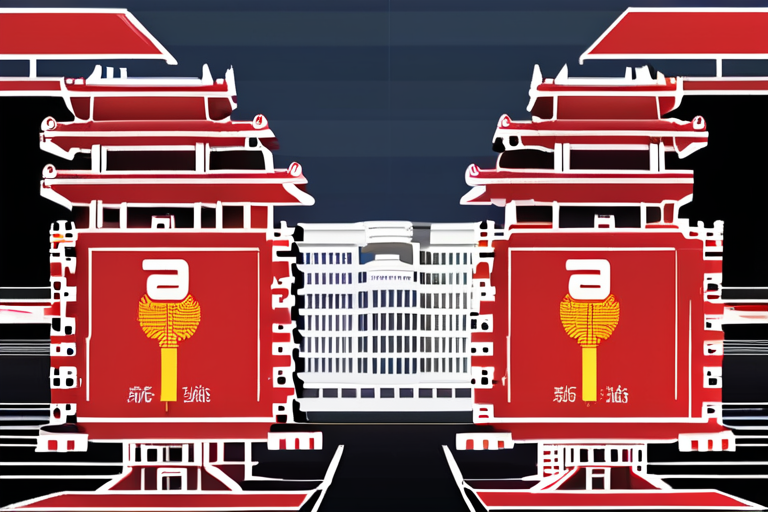
US President Trump's comments on potentially selling advanced AI chips to China have sparked alarm among national security experts, who warn that such a move could compromise America's strategic advantage in the rapidly evolving tech landscape. The s
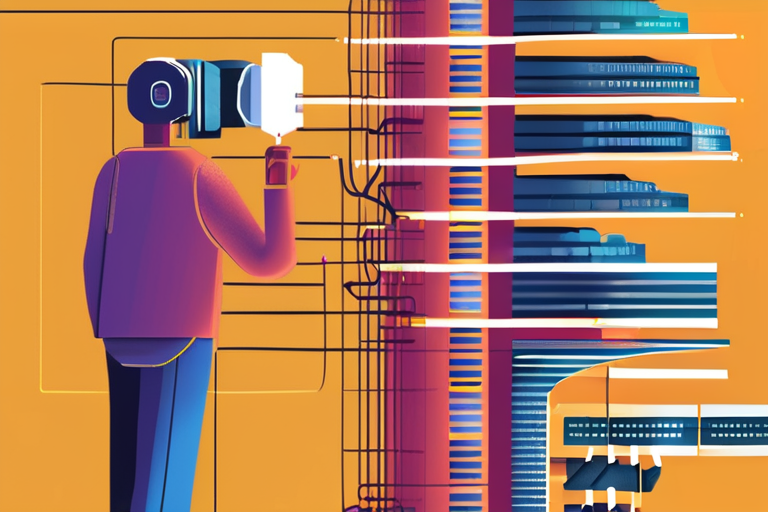
Tech giants Google, Meta, Microsoft, and Amazon are significantly ramping up their artificial intelligence spending, with Google alone increasing its A.I. data center investments by $6 billion this year. This surge in spending has sparked concerns ab

Anthropic, a leading AI startup, has implemented new restrictions on its services, blocking access for companies majority-owned by Chinese entities. This move aims to prevent the advancement of US adversaries in AI and protect American national secur

China is aggressively investing in artificial intelligence (AI) and robotics, aiming to reduce its reliance on imported high-end chips from US-based companies like Nvidia. Beijing's efforts are already yielding results, with startups like DeepSeek la
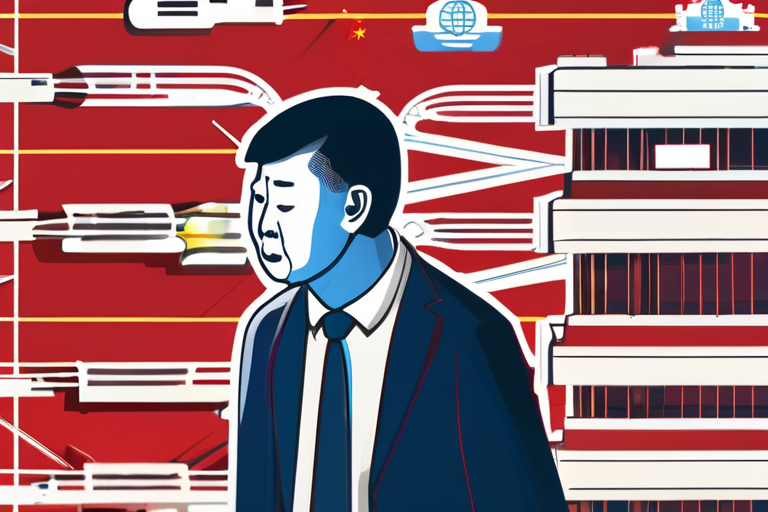
Google's President of Global Affairs, Kent Walker, has warned that the EU's slow adoption of AI technology is putting it at a disadvantage globally, particularly against China where government investment and regulatory support have fueled widespread

China is aggressively investing in artificial intelligence (AI) and robotics, aiming to reduce its reliance on imported high-end chips from US-based companies like Nvidia. The country's tech sector has made significant strides, with startups like Dee
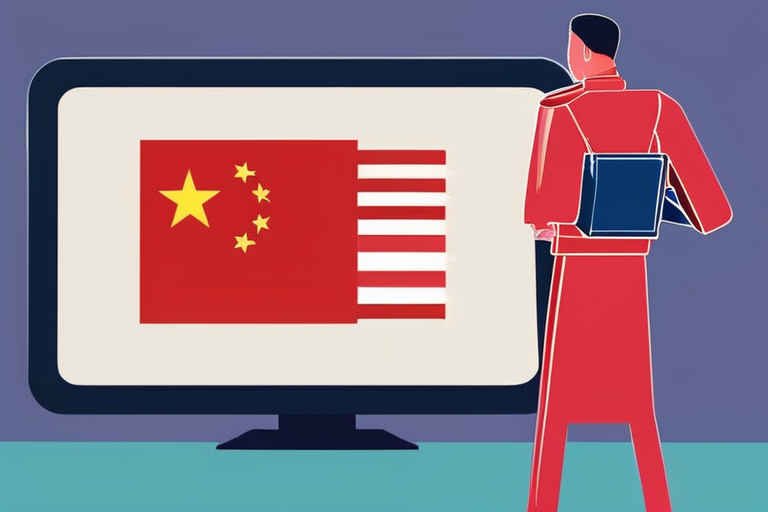
As the generative AI revolution reshapes global power, China is rapidly closing the gap with the US in the AI supremacy race, driven by its significant lead in AI publications and patents, as well as its ability to mobilize whole-of-society resources

A growing number of investors are warning that the multi-billion-dollar investments in Artificial Intelligence (AI) may be heading for a bubble similar to the dot-com boom, with 54% of fund managers surveyed by BofA Global Research believing AI stock

Experts warn that the current AI investment boom may be an overinflated "infrastructure bubble," where excessive spending on data centers and underlying infrastructure could lead to significant financial losses when the bubble inevitably pops. This p

Experts warn of an impending "AI infrastructure bubble" as massive investments in data centers and underlying AI infrastructure may not yield significant returns, potentially leading to a sharp decline in value when the bubble bursts. This could have

A new book, "The Means of Prediction," by economist Maximilian Kasy, sheds light on the often-misrepresented impact of artificial intelligence, revealing a calculated power grab by wealthy investors and tech executives who oppose AI regulation. Kasy

Google's President of Global Affairs, Kent Walker, has warned that the EU's slow adoption of AI technology is putting it at a disadvantage globally, particularly against China, which has invested heavily in AI and seen an estimated 83% usage rate. Th

Google's President of Global Affairs, Kent Walker, has warned that Europe's slow adoption of artificial intelligence (AI) technology is putting it at a disadvantage in the global market, particularly compared to China where AI is being integrated acr
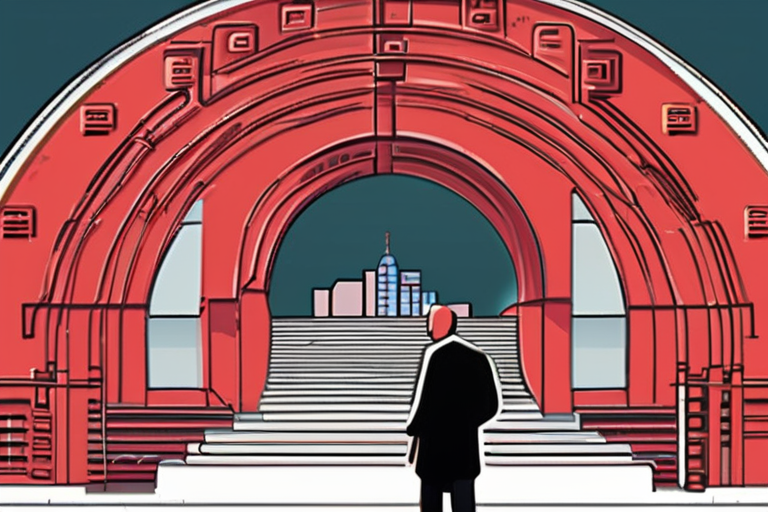
Google's President of Global Affairs, Kent Walker, has warned that Europe's slow adoption of artificial intelligence (AI) technology is putting it at a disadvantage in the global market, particularly against China. Despite EU leaders' recognition of

A massive AI infrastructure project is underway, estimated to cost $7 trillion over the next five years, with major players like Nvidia investing up to $100 billion in OpenAI. This global computing system aims to revolutionize various aspects of our

China's tech industry is gaining momentum in the global AI landscape, with Chinese companies now dominating the production of freely available AI models. According to recent data, Chinese firms like Alibaba are outperforming US rivals such as OpenAI
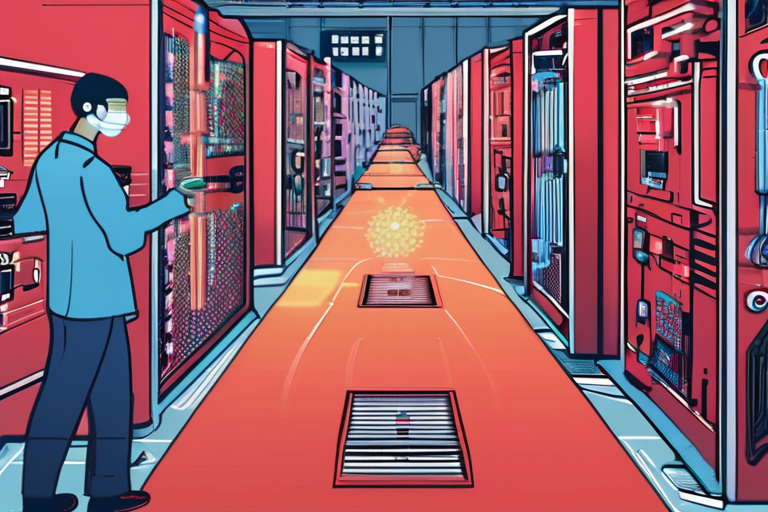
China is aggressively investing in artificial intelligence (AI) and robotics, with a focus on developing high-end chips to power these technologies. This challenge to US dominance comes as Beijing pours billions into domestic chip production, with so

As AI investment reaches record highs, concerns are growing about an impending "infrastructure bubble" that could leave tech companies with worthless assets. According to Paul Kedrosky, a partner with SK Ventures and MIT fellow, the rapid depreciatio
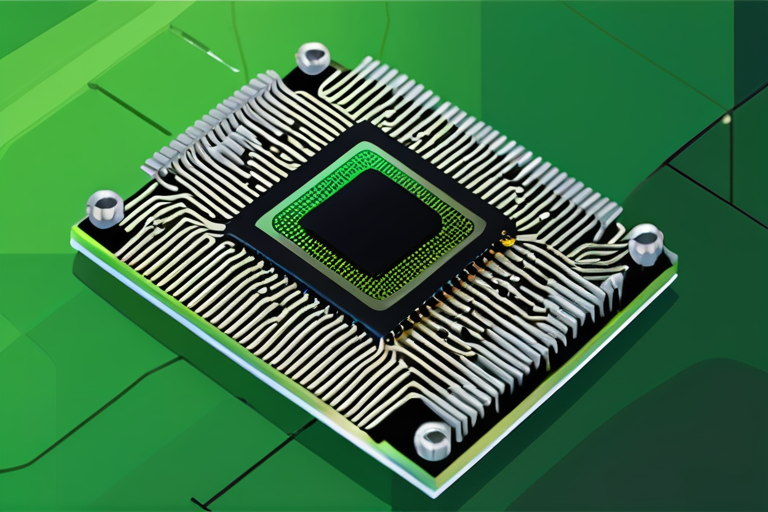
China is aggressively investing in artificial intelligence (AI) and robotics, aiming to reduce its reliance on imported high-end chips from US-based companies like Nvidia. The country's tech sector has made significant strides, with startups like Dee
Share & Engage Share
Share this article